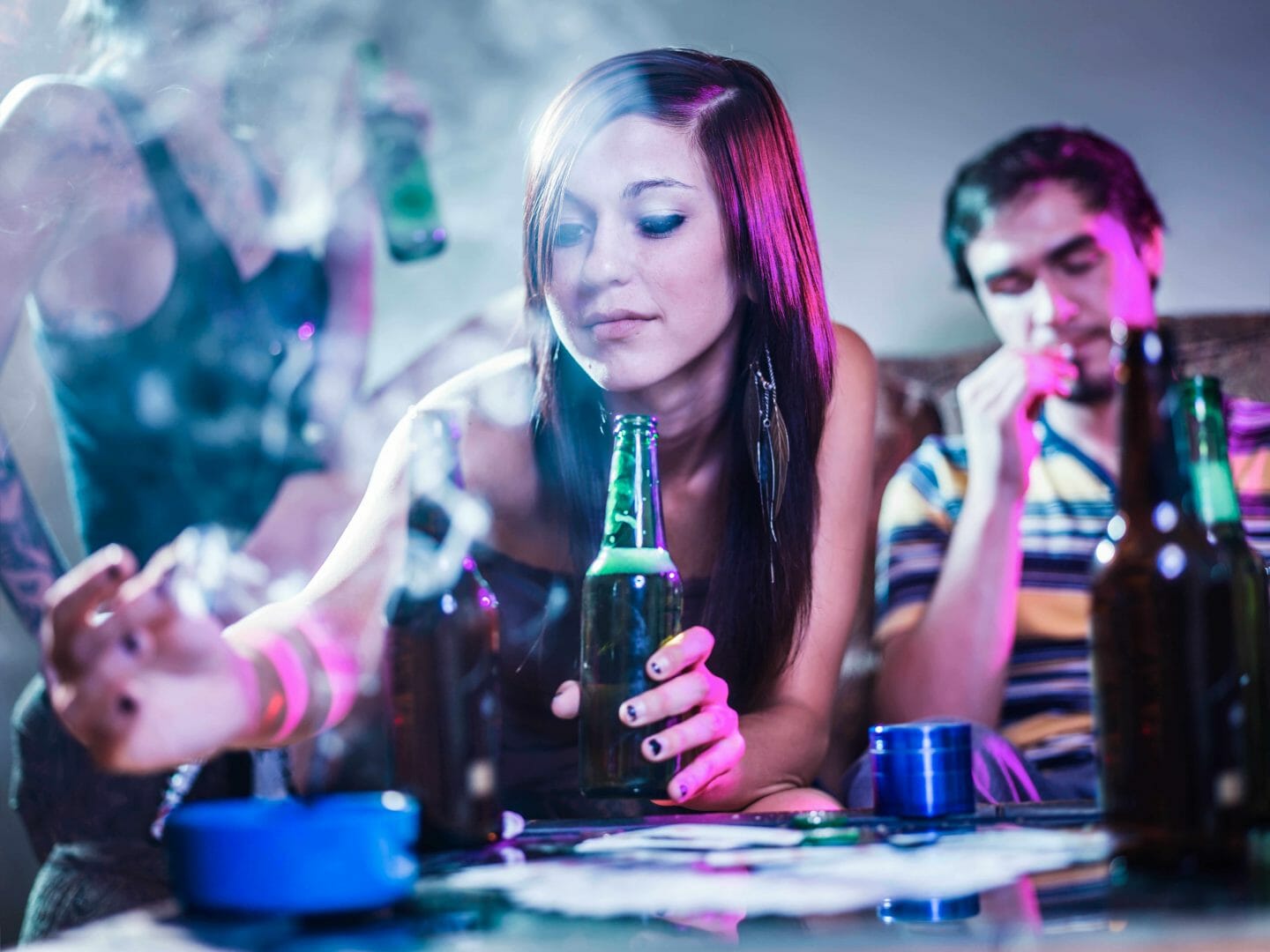
There are many theories about why individuals fall into alcohol addiction and how they can be helped. It may appear to some that these different approaches contradict each other, but it would be fairer to say that they come at the problem from different directions. These theories provide a framework for better understanding addiction, and it is this that makes them valuable. One approach that has had a huge impact on the treatment of alcoholism is social learning theory.
What is Social Learning Theory?
If each human had to learn by a process of trial and error, it is doubtful that the species would have survived on the planet. This is because back at the dawn of humanity making an error could so easily lead to death – trying to fight a wild animal instead of just running away tended to be the last mistake an ancient human would make. It is certainly true that trial and error plays an important role in the way individuals learn but, even more crucially, humans learn by observing others.
Psychologist Albert Bandura developed social learning theory in the 1960s. He was dissatisfied with the popular behavioural theories of the time that suggested the secret to learning was to condition people through a process of individual punishment and reward. Bandura had a theory that humans also learn from observing the consequences of an action when others perform it. He researched this hypothesis in his now-famous Bobo doll experiments, leading to the development of social learning theory.
One of the key ideas of Bandura’s theory was that if one person sees another person being rewarded for a certain behaviour, he or she is likely to ‘model’ this behaviour. For this modelling to occur, there needs to be certain conditions:
- the ability to copy the behaviour
- the behaviour has to grab the individual’s attention
- a good motivation to copy the behaviour
- the incident needs to be remarkable enough to be remembered.
Social Learning Theory and Alcoholism
Social learning theorists would suggest that people fall into alcohol addiction due to modelling. If an individual grows up in an environment where others appear to be rewarded for drinking alcohol, there will be a strong motivation to copy the behaviour. Alcohol is often promoted as the elixir of life, and it is strongly associated with relaxing and having a good time.
The idea that many fall into addiction due to modelling makes a lot of sense. This is not to say that factors like genetics do not play an important role; it could be that those who are genetically predisposed to addiction are far more likely to model this behaviour. It is reasonable to assume that modelling the behaviour lures the individual into substance abuse and the process of addiction is the thing that keeps them trapped.
Social Learning Theory for Escaping Alcoholism
The behaviour that a person models can ultimately be negative – as in the case of alcohol abuse – or something far more positive. Those caught up in addiction can be helped by spending time around others who have already broken free of this behaviour. By modelling good models in sobriety, the person can learn how to handle this new life effectively. This individual also gets to see the benefits of living the sober life, which further inspires him or her to embrace sobriety.
It is common for those caught up in addiction to have low self-efficacy. This means the person does not believe that they have the ability to deal with his or her problems. Modelling is an effective way to increase self-efficacy because the person could reach the conclusion that, “if they can do it then so can I.”




